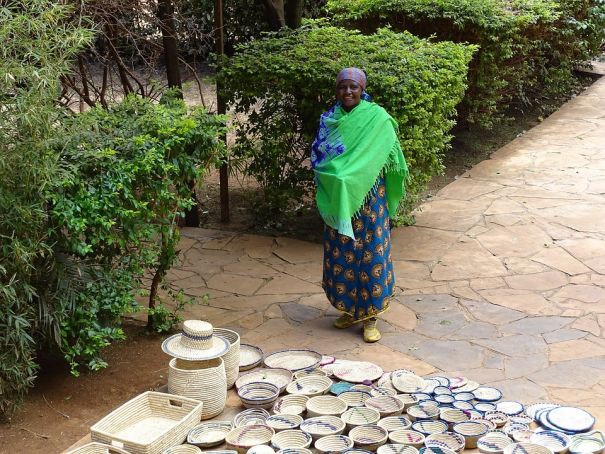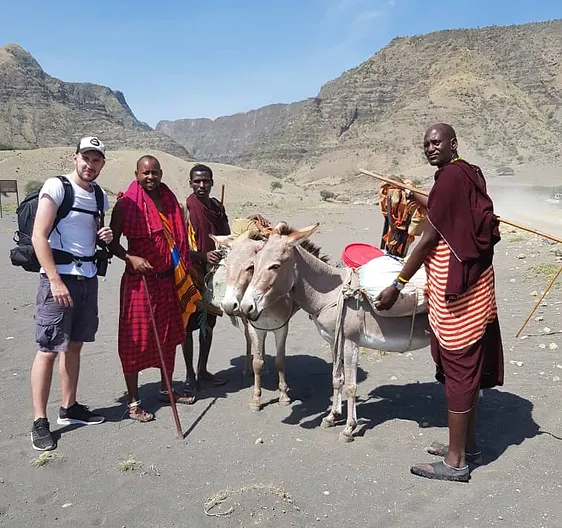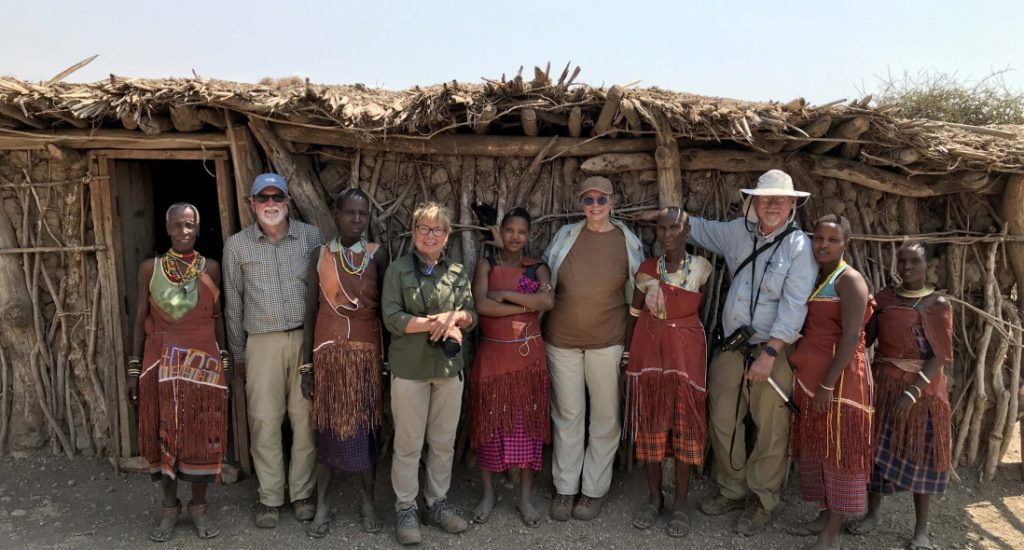Supporting the Community: How Visiting Arusha National Park Boosts the Local Economy




Introduction
Visiting Arusha National Park not only provides tourists with an unforgettable safari experience but also significantly boosts the local economy. The economic benefits of eco-tourism extend to a wide range of sectors, from hospitality and transportation to local crafts and community programs. Here’s how visiting Arusha National Park plays a vital role in the local economy:
1. Tourism-Related Employment
One of the most significant ways in which Arusha National Park supports the local economy is through the creation of jobs. Tourism-related employment opportunities include:
- Park Guides and Rangers: Local residents are often employed as guides, drivers, and park rangers. These positions provide steady income for many families in the surrounding areas.
- Hospitality Staff: The hotels, lodges, and campsites in and around Arusha National Park employ hundreds of individuals in various roles, including chefs, housekeeping, managers, and customer service staff.
- Transport Services: Local drivers and transport companies depend on visitors to the park. Tourists often require shuttle services, car rentals, and taxis to reach the park, contributing to the livelihood of local drivers and transport businesses.
2. Boosting Local Businesses and Crafts
Visitors to Arusha National Park also support the local economy by purchasing goods and services from local businesses, such as:
- Souvenirs and Crafts: Many tourists purchase traditional Maasai and Tanzanian crafts, jewelry, clothing, and artwork from local vendors. These small businesses thrive due to the steady flow of park visitors.
- Food and Beverages: Local restaurants, cafes, and markets benefit from the influx of tourists who need meals, snacks, and drinks during their stay. Many park visitors enjoy dining at local eateries or buying products from local markets, further supporting the community.
3. Increased Revenue for Local Hotels and Lodges
Accommodation is a significant sector impacted by tourism. Arusha National Park offers a range of lodging options, from luxury lodges to more affordable campsites. The park’s visitors contribute to the local economy by staying in hotels, paying for lodging, and using various park facilities. Some of the notable economic impacts include:
- Lodging Taxes: Income from lodging taxes helps fund local government services and infrastructure improvements.
- Tourist Packages: Many visitors opt for all-inclusive safari packages, which include accommodation, meals, and park entry fees, all of which directly contribute to the local economy.
4. Supporting Local Conservation and Sustainability Initiatives
A portion of the revenue generated from park entry fees and tourism activities goes directly toward conservation efforts in Arusha National Park. This includes:
- Wildlife Conservation: Funds raised through park visits help support anti-poaching initiatives, habitat restoration projects, and wildlife monitoring programs.
- Community Development: Part of the revenue is reinvested into local communities to support sustainable livelihoods and conservation awareness programs. This encourages local people to protect their environment and natural resources, ensuring the long-term success of tourism and conservation.
5. Promoting Sustainable Tourism
Arusha National Park has been a key player in promoting sustainable tourism, which ensures that tourism-related activities are environmentally and socially responsible. Sustainable tourism practices support local communities by:
- Encouraging Responsible Travel: Eco-friendly initiatives, such as sustainable lodges and eco-tourism activities like walking safaris and canoeing, promote responsible travel that minimizes environmental impact.
- Local Empowerment: By involving local people in the tourism industry—whether as guides, artisans, or lodge staff—the park ensures that the economic benefits of tourism remain within the community, empowering individuals and creating a sense of ownership and pride in conservation efforts.
6. Cultural Exchange and Education
Tourists visiting Arusha National Park have the chance to interact with local Maasai and Meru communities, which promotes cultural exchange. This interaction not only enhances the visitor experience but also supports:
- Cultural Preservation: Local communities benefit from the sale of traditional crafts, performances, and cultural experiences. These interactions help preserve and promote indigenous cultures.
- Educational Programs: The park’s visitor programs often include community-based educational initiatives where local people share their history, traditions, and way of life with tourists, promoting mutual understanding and respect.
7. Infrastructure Development
The economic boost from tourism leads to improvements in local infrastructure. Roads, transportation networks, and utility services are often upgraded to accommodate the influx of visitors. These improvements benefit the entire region, making it easier for local residents to access essential services and enhancing their overall quality of life.
8. Investing in Social Programs
The revenue generated from visiting Arusha National Park is often channeled into social programs, such as healthcare, education, and infrastructure development. Many non-governmental organizations (NGOs) and development programs are funded through partnerships with the tourism sector, which helps to raise the standard of living for people in the surrounding areas.
9. Encouraging Sustainable Agriculture and Local Products
Tourism can promote local farming practices by encouraging visitors to buy organic produce or goods directly from local farmers and suppliers. Some lodges and camps in the area feature farm-to-table dining, where the ingredients are sourced from nearby farms, benefiting both the local economy and the environment.
Conclusion
Visiting Arusha National Park is not only a rewarding experience for tourists, but it also plays a critical role in supporting the local economy. From creating jobs and promoting local businesses to funding conservation and social programs, the benefits of eco-tourism are widespread. By supporting local communities, visitors help to ensure that Arusha National Park remains a thriving, sustainable destination for generations to come. So, when you plan your next trip to Arusha, remember that your visit contributes to preserving Tanzania’s rich biodiversity and empowering local communities.

One Comment